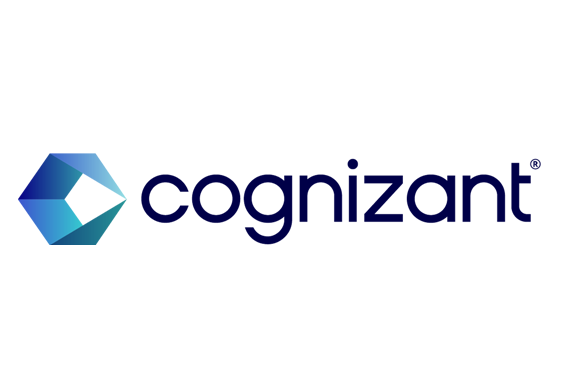PGP in Cyber Security
Apply Now
🔥 Trending
Course Mode
Offline
Duration
2
Eligibility
A bachelor's degree in any discipline from a recognized university. A background in computer science, IT, or engineering is often preferred. A minimum of 50-60% marks in graduation is typically required.
Entrance Exam
CAT or GMAT
Type of Course
PG
Course Summary
A Post Graduate Program (PGP) in Cyber Security is an intensive, industry-focused program designed to provide students with the specialized skills needed to protect digital systems and data from cyber threats. The curriculum emphasizes practical, hands-on learning, often including capstone projects, lab work, and real-world case studies. Students will learn about topics such as network security, ethical hacking, digital forensics, malware analysis, and cloud security. This program is ideal for individuals who are passionate about technology, possess strong problem-solving skills, and want to build a career in a high-demand field dedicated to safeguarding a company’s digital assets.
📅 Upcoming Admission Deadlines
- pgp-in-cyber-security with 50% scholarship August 28, 2026
Top Recruiters

Accenture

TCS

Wipro

HCL Technologies

Cognizant

IBM
Infosys

Capgemini
Career Scope
Network Engineer
Electric Engineer
Frontend Engineer
Software Developer
Web Developer
College-wise Fees
Frequently Asked Questions
PGP, or Pretty Good Privacy, is a encryption program that provides cryptographic privacy and authentication for data communications. Its primary function is to encrypt and decrypt emails, files, and other digital information to ensure its confidentiality and integrity. It also allows users to digitally sign messages to verify the sender's identity and prevent tampering.
PGP works using a hybrid approach that combines both public-key (asymmetric) and symmetric-key cryptography. For encryption, it uses a symmetric key to encrypt the message data and then encrypts that symmetric key with the recipient's public key. For decryption, the recipient uses their private key to decrypt the symmetric key and then the symmetric key to decrypt the message itself.
The main advantage of PGP is its comprehensive security for data in transit and at rest. It offers robust confidentiality and authentication through encryption and digital signatures, making it difficult for unauthorized individuals to read or tamper with messages. The use of strong cryptographic algorithms and long key lengths further enhances its security, making it secure against attacks when implemented correctly.